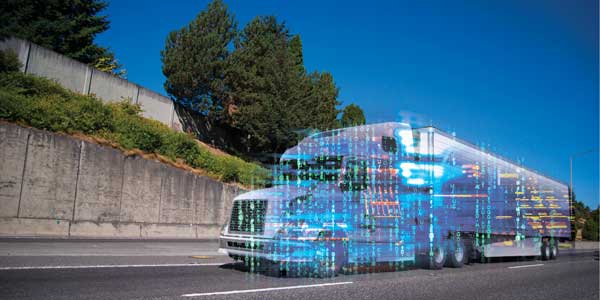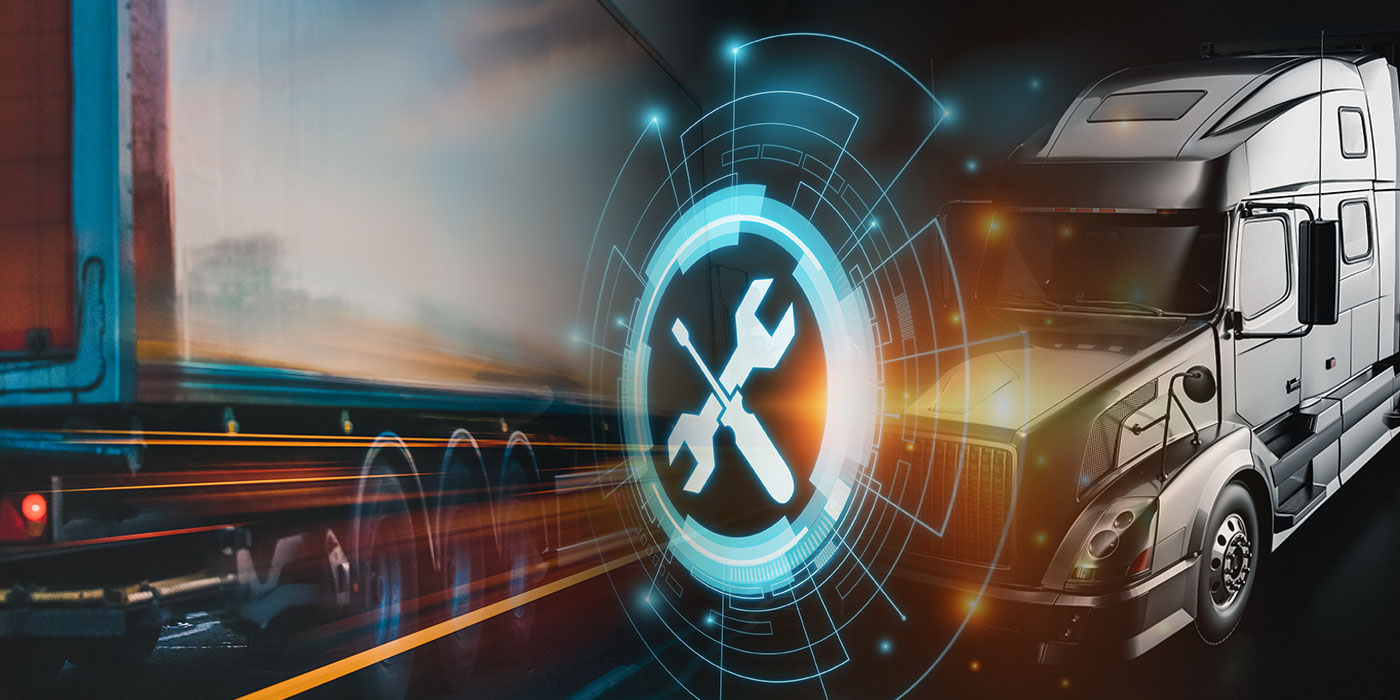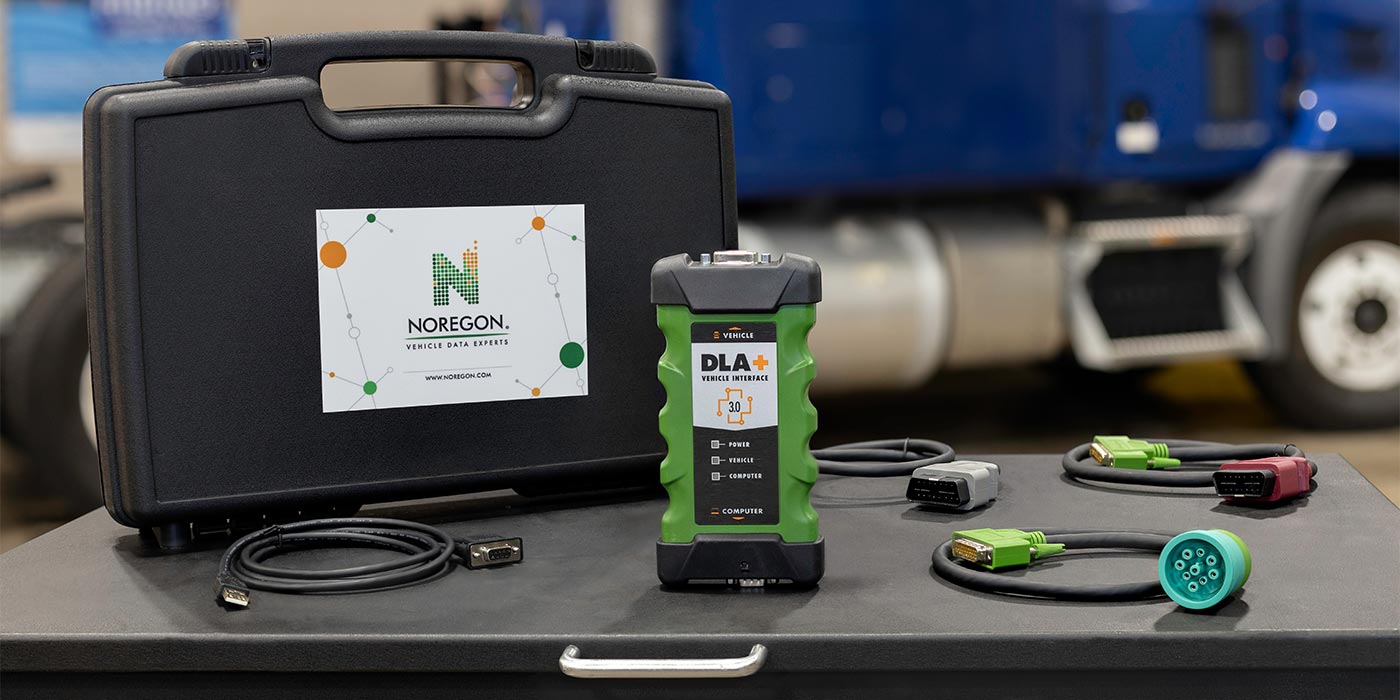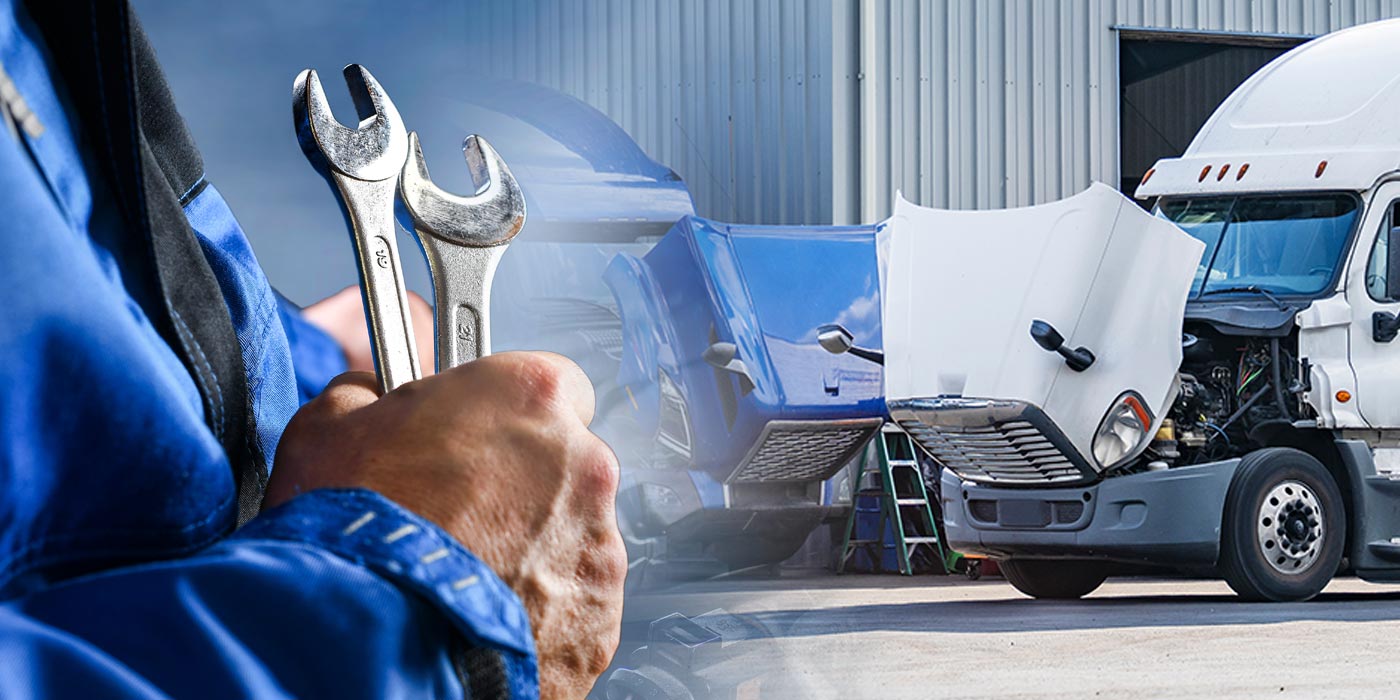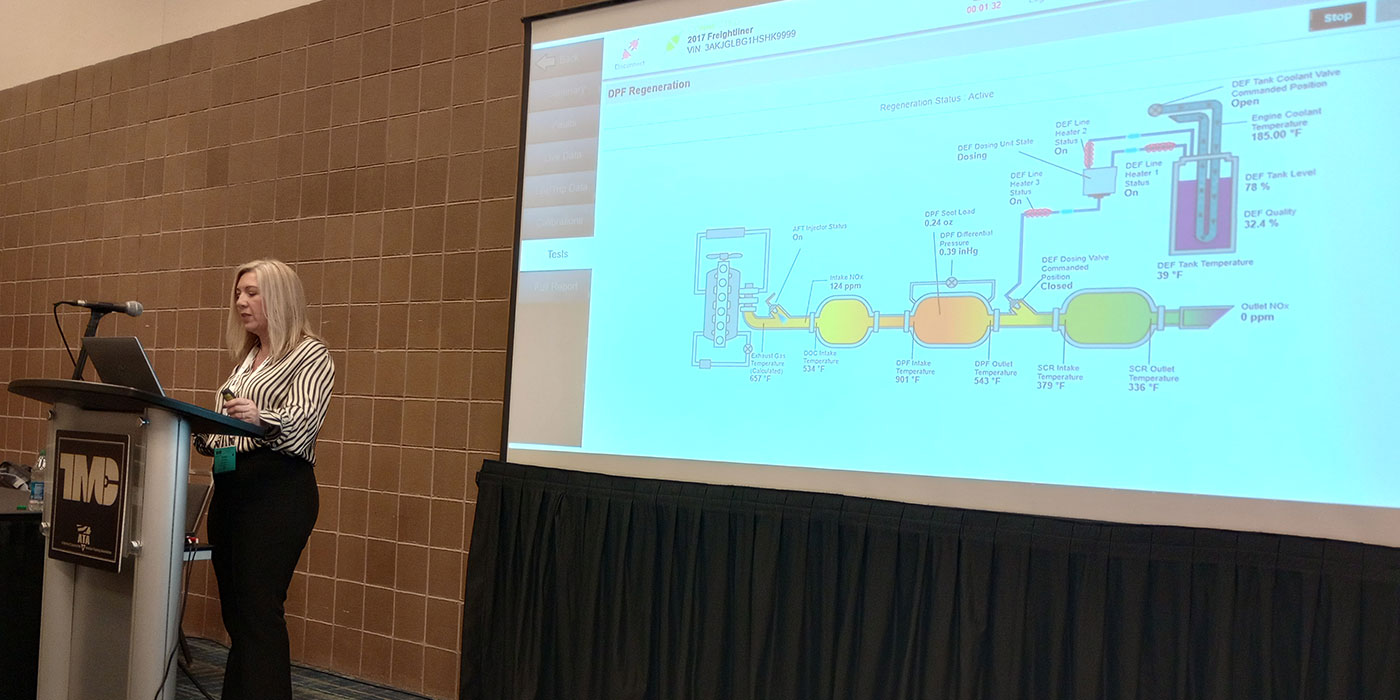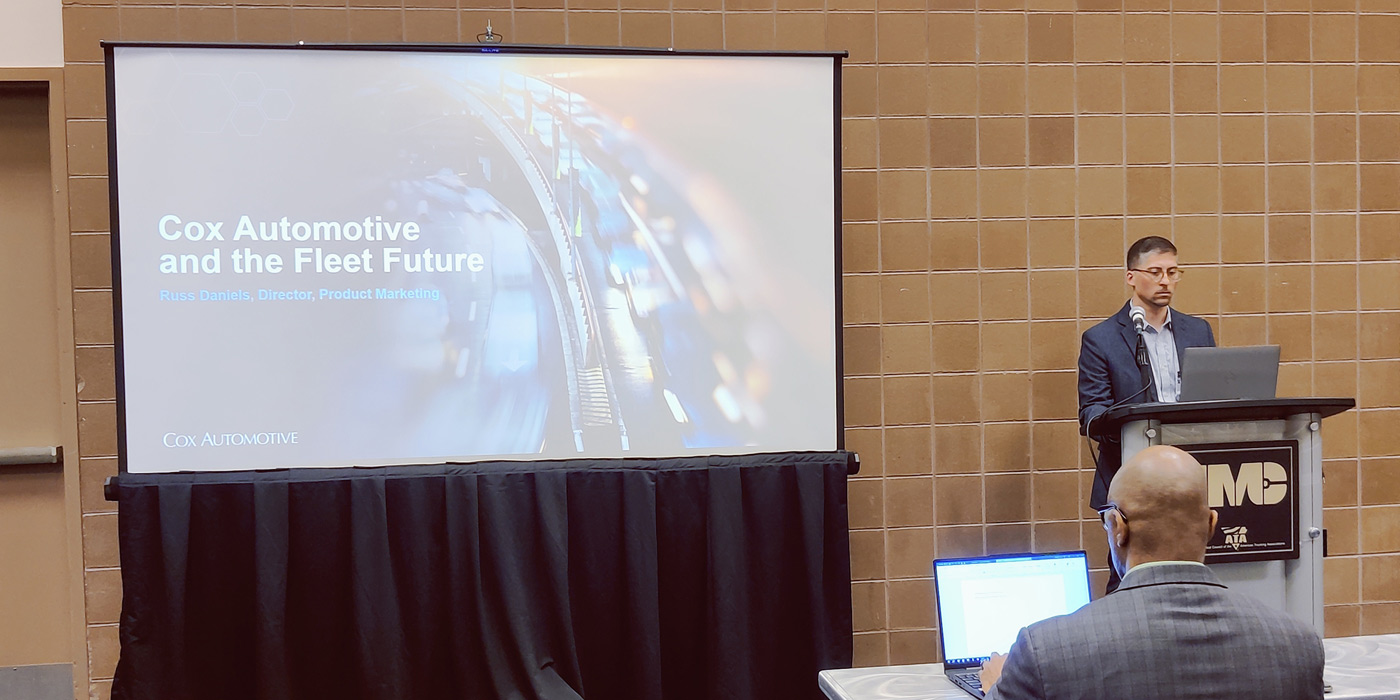The parts department is the most important part of fleet management and vehicle cost control. I have written numerous stories about the real-life importance of the parts department. While the times have changed and the same principles still apply, there are rumblings in the industry that non-experienced fleet managers, owners or committees seem to want to handcuff parts management that would impact vehicle utilization.
Before we know where parts management trends are going, we have to understand where they’ve been. Way back when, the parts rooms were dirty, nasty and truly out of control. The shop manager or lead mechanic bought tons of parts, needed or not. The parts salesman seemed to have had a blank order pad that he needed filled. Incentives from the salesmen were given to shop managers to buy more parts. There were even free parts for their own personal consumption.
How do I know this?
I ran shops and experienced these aggressive salespeople, and when I owned a truck parts distributorship, I was asked many times for free parts. When we did not offer that, we lost all the sales from that fleet. Maybe even some of the fleets that are reading this story.
As time passed, finance departments started to become more involved to control costs. After all, lending institutions want to use that as collateral, and when there was an audit beyond paper the reality of a site visit left the company embarrassed. Suddenly there was pressure for parts room organization. Having parts to fix trucks was becoming more important because of utilization and rising shop labor costs. Suddenly, parts management cost control became important.
Along came the software people selling theories that computer solutions would lower costs, and you could manage the parts room more efficiently. It was a fairly true statement (except it was a ton of work to get people to use the software to get results). We cleaned up the parts room and labeled and organized the components to control costs.
Yet, there was still a perceived need to control parts costs further.
The next answer was to not stock as many parts. “Let the dealer or parts house stock all the parts. Make them deliver the parts,” they said. That meant sending the mechanic or shift supervisor on a road trip to get the part, in many cases.
Remember the aggressive parts salespeople? Well, now you had aggressive dealers who wanted to sell you their parts and their parts management software to control your parts purchasing even further. In some cases they’d even put their own guy in the fleet. (Warning: There’s a fox in the hen house.) And then we all fell for consignment … in an unorganized parts room. When the audit happened, we all waved bye-bye to purchase control.
That brings us back to today. New, fresh-faced people entering our industry who have read the basic principles of “just in time” delivery, inventory turns, percentage of revenue, parts dollars per vehicle, etc. In the end, it was all about managing money, not parts.
Of course, money management is needed–shops shouldn’t spend money for parts just because they think they need a part. Today’s parts usage reports tell the tale: Many parts we stock are never used. Most shop managers have no idea on how to manage parts or the money they spend for those parts.
Here’s a tip: The truck parts room needs to be managed like a supermarket. There is a shelf life for vehicle parts. It takes constant review, control and management with little emotion. Shop managers need to make good business decisions–blend the data that parts software spits out with your own common sense. Think about the hidden costs in chasing parts. Maintenance people will want to fix trucks and will do so one way or another, even with hidden part retrieval costs. Given the difficulty of finding parts today, and dealers cutting their own inventory, this could be a double-edged sword. Don’t let parts cost control have you falling on your own sword.




